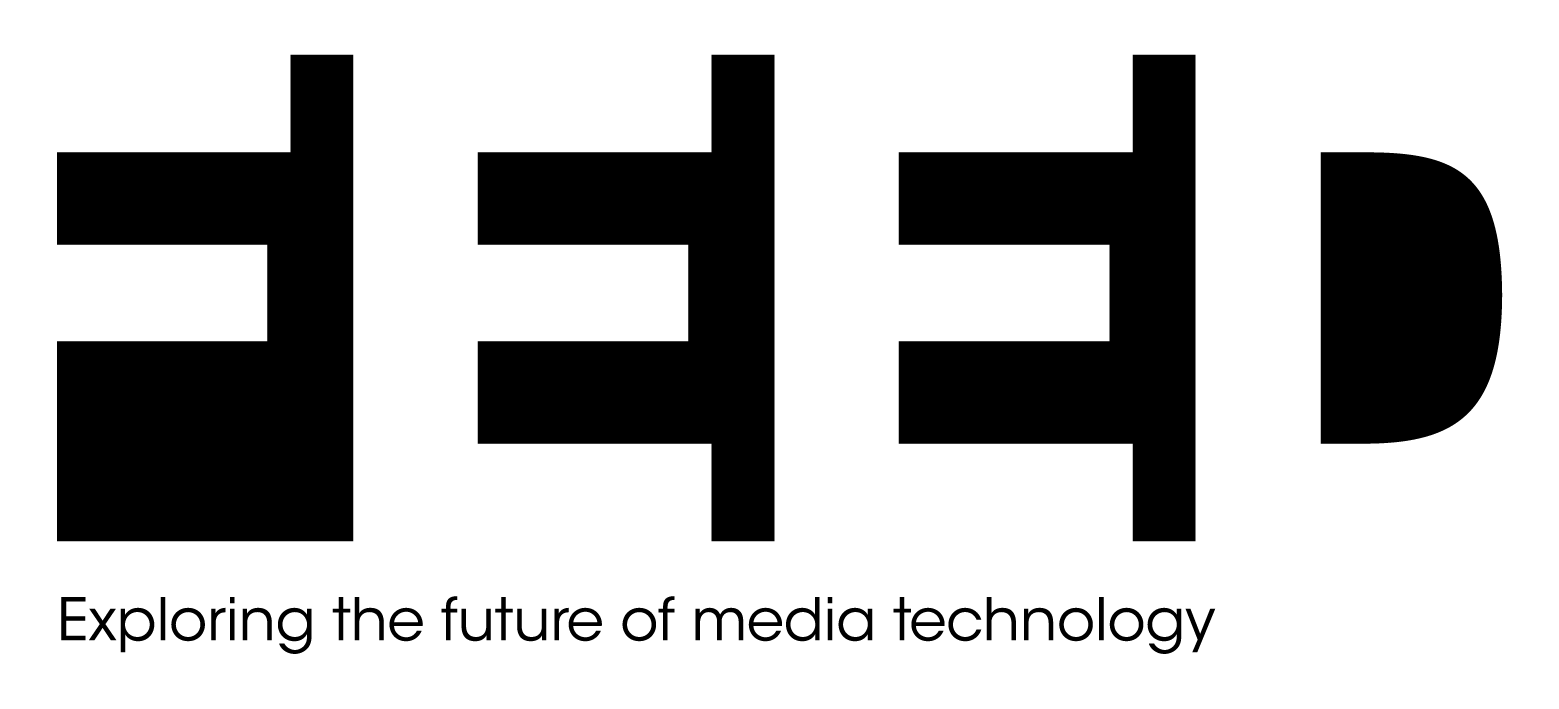Beyond Covid-19

The coronavirus is going to change the media industry – and the world
By the time you read this, Europe will probably (hopefully) be past its peak of the Covid-19 emergency, and some of the early-hit Asian countries will be dealing with the aftermath, treading cautiously lest there’s another outbreak. Other parts of the world, including the most vulnerable and those countries without health care, will be in major crisis mode.
There is much about the coronavirus pandemic that has been surprising, but what is most remarkable is that this was expected. Scientists have been saying for decades that we should get ready for the next, long overdue, pandemic. Considering much of the northern hemisphere hasn’t had a catastrophic viral outbreak since the Aids crisis developed in the 1980s, maybe the most appropriate feeling should be amazement that we got away with it for as long as we did.
The post-coronavirus production is likely to be centralised, using a lot of remote tools and as small a crew as possible
The pandemic – again, no surprise – has confirmed that the free market does not excel at securing the welfare of citizens. Civic institutions, set up by people, for people, need to be well-supplied, well-prepared and respected, if countries expect to weather major national and international crises. But even in those countries with well-supported civil infrastructure, Covid-19 is going to leave quite an impact crater. No one can predict exactly how things will play out, but there are some things we should be ready for.
Another world
We have to accept that the post-Covid-19 world is going to be a new one. There has been some talk of ‘when things go back to normal’. My hunch is that we are not going to be able to go back to anything. There will be the pre-coronavirus world and the post-coronavirus world – each with its different rules and governing forces.
The virus, and the steps needed to curb it, have already brought substantial economic devastation. In our webinar in March, FEED covered how media and entertainment freelancers were being hit hard – this was from only the first couple of weeks of the lockdown in the UK. Production is being postponed and crew from every part of the industry are hurting.
When productions do pick up again – and they will, but probably not with the frequency we’re used to – industry talent across the board are going to be in a very different position. They are going to be hungry to take any kind of work that will get them back into employment, which is going to make them subject to exploitation. But having experienced how little safety net there really is, they are going to be painfully aware of how film and TV labour – and that includes coders, developers and all kinds of other digital professionals – have been taken advantage of in the past. This has not always been the fault of production companies or the industry – most of the time they have been following the prevailing laws of the land (although sometimes they have lobbied for these). There is going to be a hard pushback and a demand for a better deal. There will be strikes and there will be renegotiation of contracts – and this could lead some companies to go to other parts of the world for cheaper or more willing workers.
At the same time, content producers are going tighten their belts, cutting away whatever they can – and looking for the cheapest labour – or looking to automate when more economical. The post-coronavirus era could be the time when cheap AI really does take over from human beings en masse. After months of lockdown, there will be evaluations of staff and many who have been put on hold now won’t be asked to come back. The post-coronavirus production is likely to be centralised, using a lot of remote tools and as small a crew as possible. Whereas a production might have once been a symphony orchestra, it will now be a small band with one roadie.
Taking your work home
Covid-19 has forced people into networked workspaces – ‘working from home’. It has made businesses take that leap they always considered, but never really worked out the details for. Suddenly, broadcasters have had to find ways of making productions work with a distributed crew working only through their browsers, or have had to find a way to finish a feature film without access to a post facility.
These lessons are going to stick, especially since the return to work will be gradual, with some countries going back to their traditional workplaces before others as health officials and governments dictate accordingly.
There is going to be great caution around the possibility of a resurgence of the virus. As a result, there might be many situations where people are simply told to keep working from home. Some might have found that they like it and have worked well in their living rooms and might request to have the situation extended.
The economic impact of the coronavirus, the collapse of markets, greater unemployment and potentially less access to capital all means companies will be looking to cut expenses. While some of these cuts will be in staff, some might be in real estate. Companies may embrace decentralised working wholeheartedly and shut down some of their brick-and-mortar facilities. If you’ve had months of good results with people paying for their own office space in their kitchens, would you want to bring them back to provide shelter for eight hours a day if you didn’t have to?
There’s going to be a rough ride ahead. But there are also a lot of opportunities in the coronavirus crisis – for new ways of working, new economic models and new priorities about what’s important and what’s not. But more on that next month. Until then, stay safe, stay connected.
This article first appeared in the May 2020 issue of FEED magazine.











